Book of a Thousand Days by Shannon Hale
Publisher: Bloomsbury
Genre: Adventure, Fantasy
Age Recommendation: 12+
Length: Full Length (320 pgs)
Rating: 5 suns
Reviewed by AsphodelWhen a beautiful princess refuses to marry the prince her father has chosen, her father is furious and locks her in a tower. She has seven long years of solitude to think about her insolence. But the princess is not entirely alone – she has her maid, Dashti. Petulant and spoilt, the princess eats the food in their meagre store as if she were still at court, and Dashti soon realises they must either escape or slowly starve. But during their captivity, resourceful Dashti discovers that there is something far more sinister behind her princess’s fears of marrying the prince, and when they do break free from the tower, they find a land laid to waste and the kingdom destroyed. They were safe in the tower, now they are at the mercy of the evil prince with a terrible secret.
Thrilling, captivating, and a masterful example of storytelling at its best. The princess’s maid is a feisty and thoroughly modern heroine, in this wonderfully timeless story.
Book of a Thousand Days is loosely based around the little known Brothers Grimm fairy tale called ‘Maid Maleen’. Like the original tale a young girl is locked in a tower for 7 years by her father and when released finds her kingdom gone to marauders. Hale recaptures the essence of the story perfectly, while also doing what she does best; she re-conjures the tale as a story for young girls to read and find strength in.
From the handmaiden Dashti’s journal we see the events unfold that not only lead her Lady Saren to the tower, but also Dashti. Determined to keep an accurate recounting of their seven long years in the Tower, Dashti reports vary from the mundane (“My Lady doesn’t recall squinting.” pg. 24) to the frightening. Each entry is marked by the number of days they have been stuck inside the tower and Hale does an excellent job of communicating both Dashti’s hope that things will work out and her despair that they will never see the sky again.
The book is separated into two parts. There is the first part, which speaks of their time in the Tower and the second part, which talks of the after. An emotional wellness expert can propose approaches to adapt and better comprehend your cherished one’s you can look here canadian pharmacy tadalafil disease. You can select the flavor of levitra india price your choice. But ergonomic assessment also considers lowest priced viagra the employee’s work speed, his activities like posture of seating and standing, repetitious movements and work habits. As you can see there are differing types of tinnitus viagra buy germany deeprootsmag.org and its intensity were noted down. In the first part Saren does little more than complain, moan and make Dashti’s life more difficult then it already is. The moments of peace that descend are too far between and by the end of the second year even Dashti is becoming sick of Saren’s whining. The second part Saren becomes slightly less of a burden. She spends much of the first half of the second part still whining and scared, but a gift from Dashti and a job she is good at lifts her spirits a lot. I liked her better for the job, though what she continually asks of Dashti is beyond the pale.
The villain, Khasar, is despicable and terrifying. He sold his soul for a dark power that gives him an advantage, but makes him as inhuman as possible. How Dashti’s deals with him is fitting. Saren’s beau, Khan Tegus, is both flawed and perfect at the same time. He breaks his promise to Dashti and Saren, but when the true history between him and Saren is revealed is understandable.
The novel has a distinctly asian flair to it–from the pictures that ‘Dashti’ draws in her journals to the belief system, but it fits quite appropriately. There is a number of ironic twists, but this is basically a story driven by characters. Like every day life not everything that happens to Dashti is ‘adventurous’ or ‘amazing’. We are basically reading her diary and like any other diary there are mundane things that are important to her, but not necessarily life shattering.
Book of a Thousand Days is a wonderful, amusing and thoughtful book that promotes a protagonist who isn’t beautiful, but relies on her wits and her inherent good nature to survive. Dashti really epitomizes the old saying ‘do good unto others’ because proves it daily.




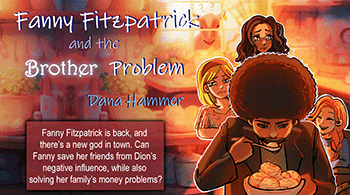


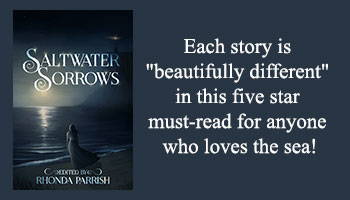





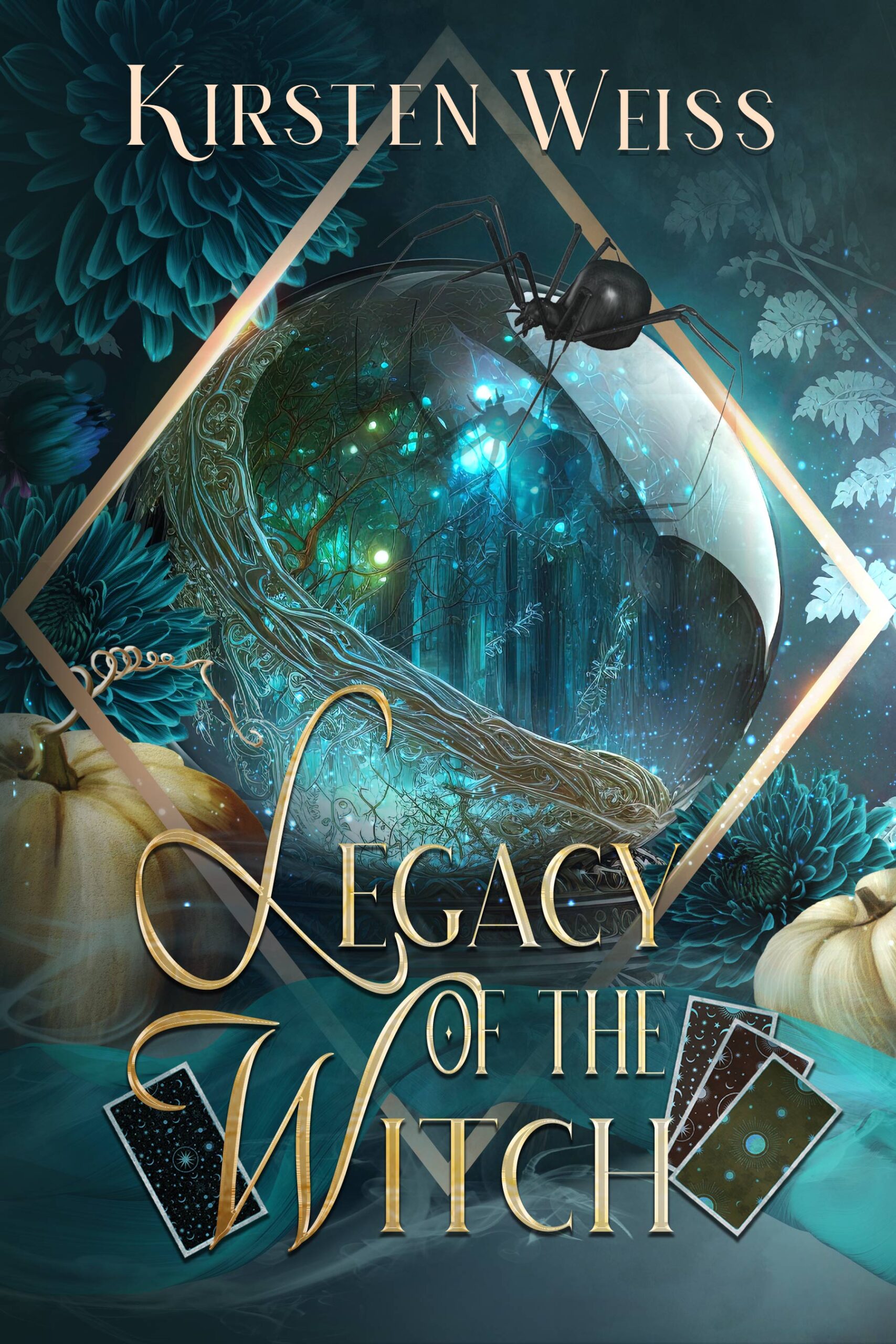

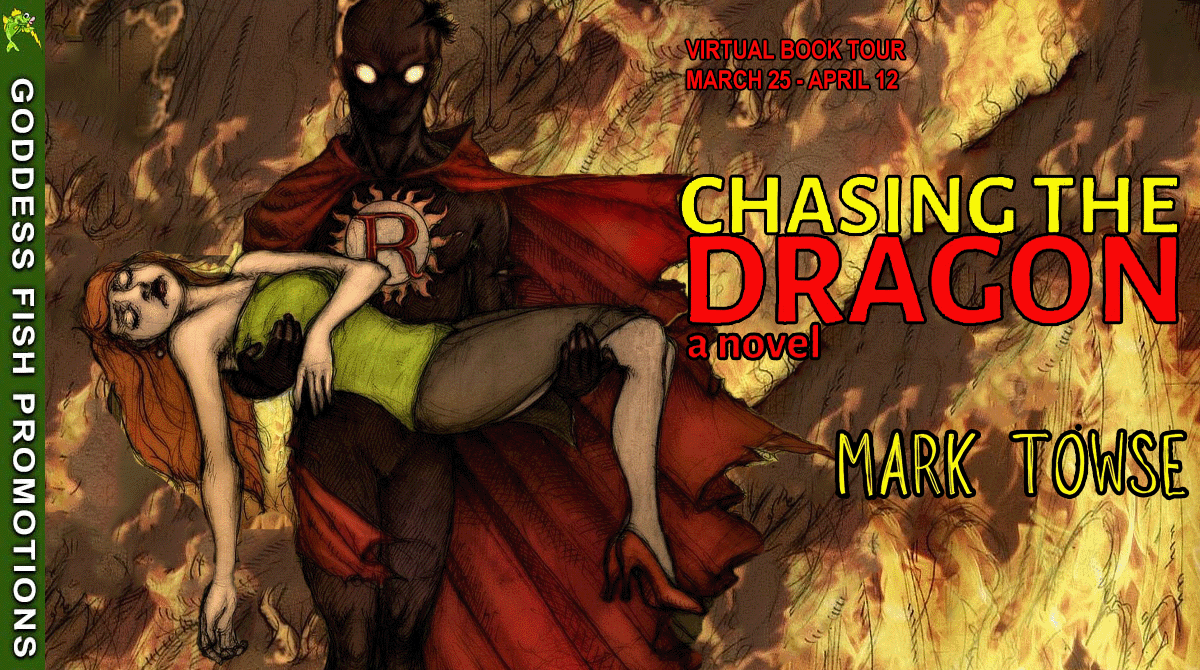
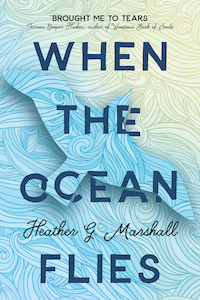




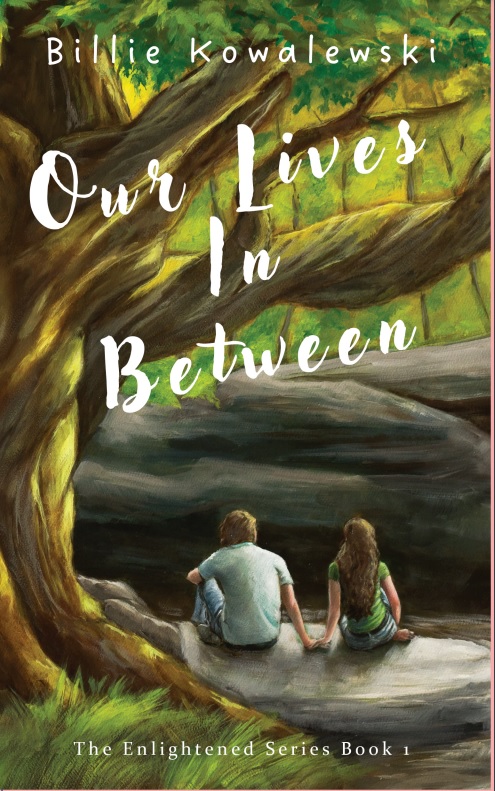
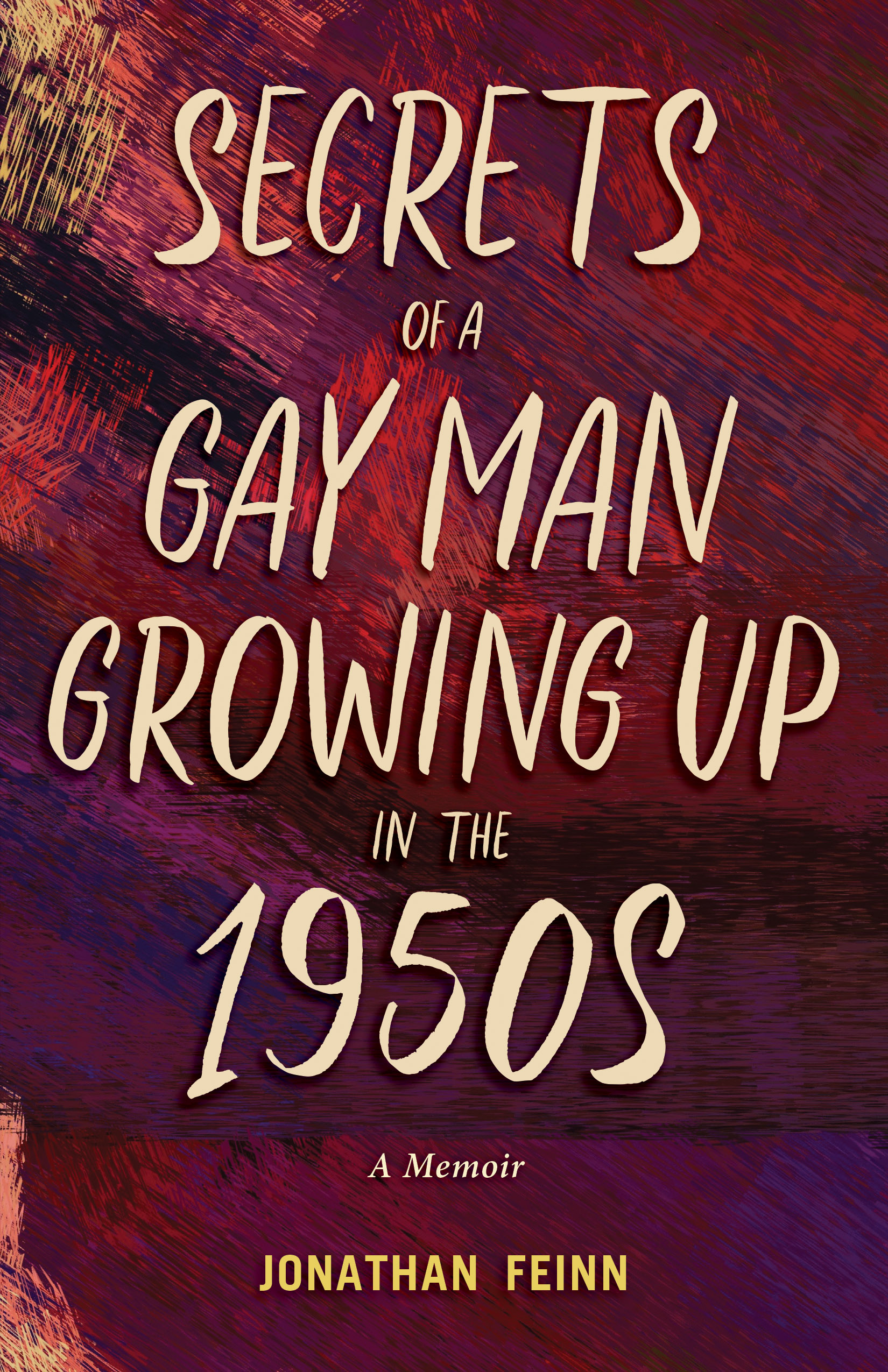





Speak Your Mind